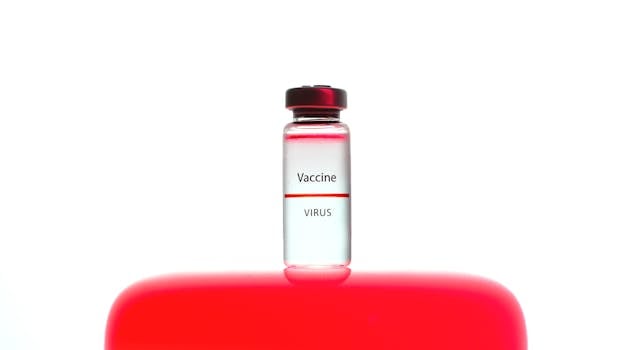
Unravel Your Mind: The Importance of PTSD and CPTSD Testing for Recovery
Unveiling the Mystery: Understanding PTSD and CPTSD through Testing
Unveiling the Mystery: Understanding PTSD and CPTSD through Testing
The human mind is a complex maze of emotions, thoughts, and experiences. It's resilient, capable of enduring immense stress and trauma. However, sometimes, the weight of traumatic experiences can leave lasting marks on our psyche, leading to conditions like Post-Traumatic Stress Disorder (PTSD) and Complex Post-Traumatic Stress Disorder (CPTSD).
Understanding PTSD and CPTSD
PTSD is a mental health disorder that can occur after a person has experienced or witnessed a life-threatening event. It's as if a ghost from the past haunts the present, intruding into peaceful moments with terrifying flashbacks.
On the other hand, CPTSD is a more severe form of PTSD that results from prolonged exposure to traumatic events. It's akin to being trapped in a never-ending horror movie.
The Significance of PTSD and CPTSD Testing
PTSD and CPTSD tests are crucial tools that can help identify symptoms, understand their intensity, and guide the path towards recovery. They are the first step towards acknowledging the problem, which is often the hardest but also the most crucial step.
The PTSD and CPTSD Test Process
These tests are typically conducted by a mental health professional and involve a series of questions designed to understand your experiences, thoughts, and feelings related to a traumatic event or series of events. They aim to identify symptoms like flashbacks, nightmares, severe anxiety, uncontrollable thoughts about the event, emotional numbness, and feelings of guilt or depression.
Interpreting the Results
Once the test is completed, the mental health professional will interpret the results and provide a diagnosis. A diagnosis of PTSD or CPTSD might feel like a heavy burden, but it's not a reflection of your strength or character. It's a testament to the human capacity to endure and survive.
The Path to Recovery
The journey to recovery from PTSD or CPTSD is not a sprint; it's a marathon. It requires patience, determination, and courage. Treatment options include therapy, medication, and self-care practices. Cognitive Behavioral Therapy (CBT), Eye Movement Desensitization and Reprocessing (EMDR), and Prolonged Exposure Therapy (PET) have been proven effective in treating PTSD and CPTSD.
Final Thoughts
PTSD and CPTSD are complex mental health disorders, but understanding them doesn't have to be. With the help of PTSD and CPTSD tests, you can gain a deeper understanding of your experiences and take the first step towards recovery. It's okay to ask for help. It's okay to admit that you're not okay. It's okay to take the test. After all, the journey to recovery begins with understanding. So, take that first step today.
